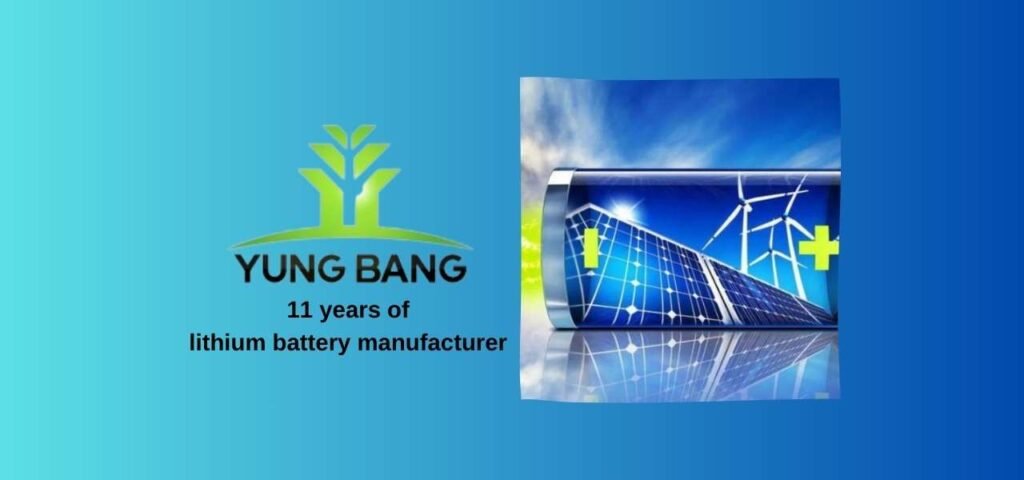1.Introduction
在当今快节奏的世界中,对高性能和高可靠性的需求日益增长。 安全的锂电池 日益增长。虽然传统的锂离子电池多年来一直占据着市场主导地位,但持续不断的研究和开发已经催生了多种新型锂电池技术。在本综合指南中,我们将深入探讨锂电池技术的最新进展,并探讨这些创新技术如何塑造能源存储的未来。

2.锂硫电池的兴起
锂硫电池以其高能量密度潜力成为一种前景广阔的解决方案。与传统的锂离子电池不同,锂硫电池利用硫作为正极材料,理论能量密度明显更高。然而,硫的导电性差、多硫化物的穿梭效应和有限的循环寿命等挑战亟待解决。研究人员正致力于提高阴极材料的导电性和稳定性,以及优化电解质和分离器。纳米结构硫阴极、功能性电解质和中间层等创新技术在提高锂硫电池的性能和寿命方面取得了可喜的成果。
3.3 探索锂空气电池
锂空气电池利用空气中的氧气作为阴极材料,是锂电池技术中另一个前景广阔的领域。锂空气电池理论能量密度极高,在高能量应用方面具有巨大潜力。然而,氧气还原和进化反应的缓慢动力学、电解质稳定性问题和有限的循环寿命等挑战阻碍了实际应用。研究人员正在积极研究新型阴极催化剂、电解质系统和电池设计,以克服这些障碍。开发高效催化剂以加速氧气反应的努力旨在提高锂空气电池的能量转换效率。
4.固态锂电池的进步
固态锂电池用固态电解质取代了传统的液态电解质,从而提高了安全性,并有可能增加能量密度。固态电解质的研究涉及多种材料,包括无机陶瓷、聚合物和复合材料。然而,电解质和电极之间的界面问题以及有限的导电性等挑战依然存在。研究人员致力于提高固态电解质的性能,增强与电极的兼容性,并探索有效的界面改性技术。固态锂电池在电动汽车和电网级储能系统中的应用前景广阔,可提高安全性和可靠性。
5.释放金属锂电池的潜力
由于锂的理论比容量高,锂金属电池是实现更高能量密度的关键。然而,枝晶形成和循环稳定性等问题对其广泛应用构成了重大挑战。为了解决这些问题,研究人员正在研究新型电解质添加剂、界面修饰层和电池结构。旨在抑制锂枝晶形成和延长电池循环寿命的策略对于充分发挥锂金属电池在电动汽车和便携式电子产品中的潜力至关重要。
6.未来展望:下一代锂电池的商业化
锂电池技术的飞速发展为各行各业的能源储存带来了巨大的变革前景。然而,要实现这些技术的商业潜力,就必须克服技术挑战,提高整体性能。未来的研究将继续关注提高能量密度、延长循环寿命、改善安全性和降低成本,以满足对可持续能源解决方案日益增长的需求。随着技术的不断发展,下一代锂电池将在推动全球能源向更可持续的未来过渡方面发挥重要作用。

7.结论
总之、 锂电池技术的未来 充满希望和潜力。从锂硫电池和锂空气电池到固态电池和锂金属电池,不断进行的研究和创新正在重塑能源存储的格局。尽管挑战依然存在,但对突破和进步的不懈追求将为更安全、更高效、更具成本效益的锂电池铺平道路。展望未来,下一代锂电池的商业化是解决全球能源需求和实现可持续未来的关键。
8.常见问题(FAQs)
问题 1:锂硫电池是否可以在市场上买到?
答 1:虽然锂硫电池仍在研发阶段,但在商业化方面已取得重大进展。一些公司和研究机构正积极致力于提高锂硫电池技术的性能和可扩展性。
问题 2:固态锂电池与传统锂离子电池有何不同?
答 2:固态锂电池利用固态电解质取代传统锂离子电池中的液态电解质。这种设计具有更高的安全性、更大的能量密度潜力和更强的稳定性,使其成为各种应用的理想选择。
问题 3:锂空气电池面临的主要挑战是什么?
答 3:锂空气电池面临的主要挑战包括氧气反应动力学缓慢、电解质稳定性问题和循环寿命有限。要充分发挥锂空气电池技术的潜力,克服这些挑战至关重要。
问题 4:锂金属电池能否用于电动汽车?
A4:虽然锂金属电池具有更高的能量密度,但它们目前面临着枝晶形成和循环稳定性等挑战。研究人员正在努力解决这些问题,以使锂金属电池适用于电动汽车应用。
问题 5:锂电池技术的进步如何促进可持续发展?
答案 5:锂电池技术的进步有助于开发更高效、更环保的能源储存解决方案。通过提高能量密度、循环寿命和安全性,锂电池在促进可持续能源利用和减少对化石燃料的依赖方面发挥着至关重要的作用。

